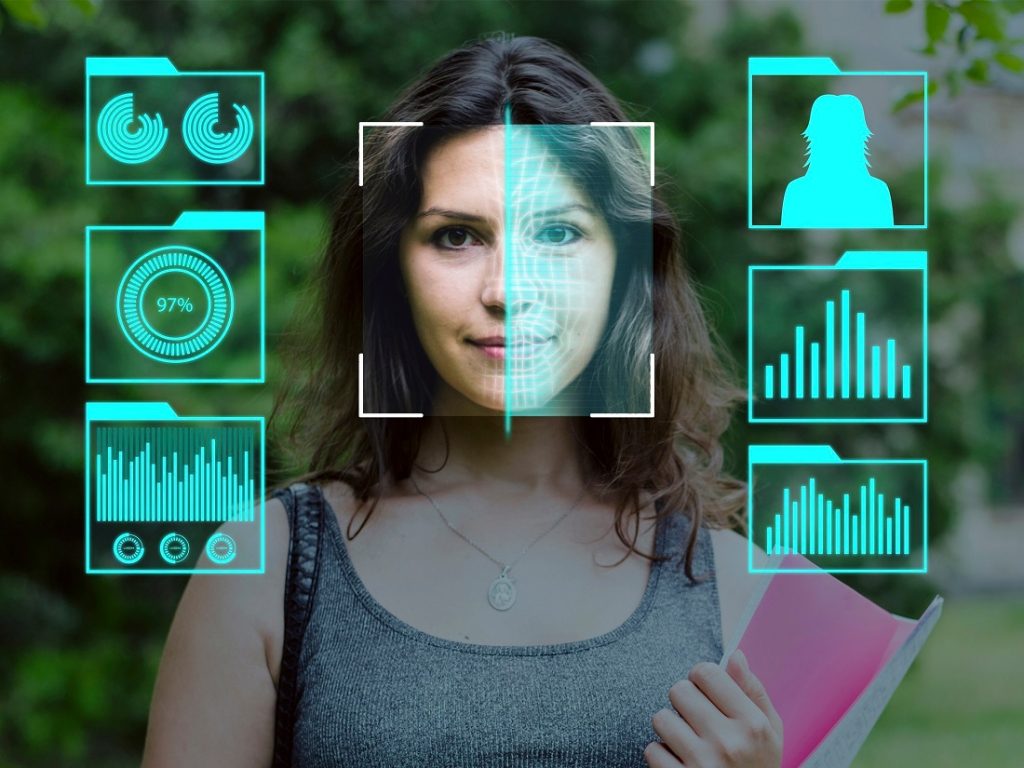This is the dilemma that artificial intelligence (AI) poses in the world of cybersecurity. While this technology continues to revolutionize the way we work and protect ourselves, it is also being misused, creating risks we cannot ignore. In this article, we’ll explore how bad AI practices impact cybersecurity and what we can do about it.

What are bad practices with AI?
Bad practices with artificial intelligence refer to the improper or irresponsible use of this technology, whether intentional or negligent. This includes developing AI models for illegal activities, using them unethically, or leaving them exposed to external attacks.
In the field of computer security, these practices become especially dangerous because they can fuel more sophisticated cyberattacks, exposing sensitive data and leaving companies and users defenseless against advanced threats.
Common cases of bad practices with AI in cybersecurity
- More sophisticated phishing
Criminals are using AI to create hyper-realistic phishing emails. Using natural language processing tools, these messages perfectly mimic the tone and style of legitimate companies, fooling even the most cautious users.
- Generation of advanced malware
Machine learning models are being manipulated to develop malware that can evade antivirus and adapt to specific environments. This means that traditional security systems are finding it increasingly difficult to stop these threats.
- Automated attacks
AI allows hackers to automate large-scale attacks. For example, they can launch brute force attempts to crack passwords with speed and accuracy never seen before.
- Biases in security systems
When AI is trained on biased or incomplete data, it can make inaccurate decisions that leave vulnerabilities open. This is not always intentional, but it is still a bad practice with serious consequences.
Consequences of these practices
Loss of trust in digital systems
When users know that AI can be manipulated to attack them, trust in digital technologies decreases, which affects not only companies, but also the entire digital economy.
Sensitive data exposure
Bad practices allow criminals to access private data, such as financial or health information, which they can then use for blackmail or fraud.
Significant economic costs
Companies spend millions recovering from cyberattacks facilitated by misused AI, directly impacting their operations and reputation.
How to prevent bad practices with AI?
- Continuing education and training: It is essential that developers understand the ethical and safety implications when working with AI.
- Regular audits: Constantly evaluate AI models to ensure they are not vulnerable or being misused.
- Collaboration with cybersecurity experts: Companies must integrate specialized professionals into their projects to anticipate possible risks.
- Implement responsible AI: Following ethical and legal standards that minimize the possibilities of misuse.
Are we prepared to face these threats?
The impact of bad practices with AI on computer security is a wake-up call for everyone. Technology in itself is neither good nor bad; It all depends on how we use it. Therefore, it is crucial to take a proactive and conscious approach when integrating artificial intelligence into our lives and businesses.
At Exeditec, we not only closely follow technological trends and challenges, but we also work to offer safe and responsible solutions. Stay informed about these topics and many others related to digital marketing and software development through our blog.
If you need support, maintenance or customized solutions to protect your systems, do not hesitate to contact us at Exeditec. We are here to help you face the challenges of the digital world with confidence and security.